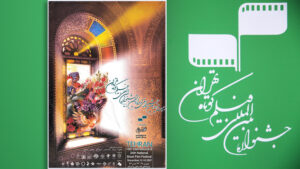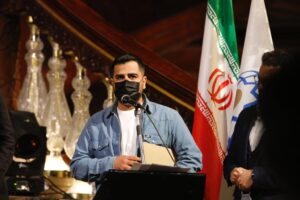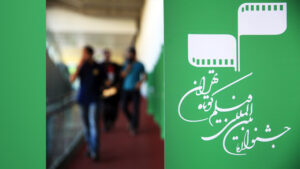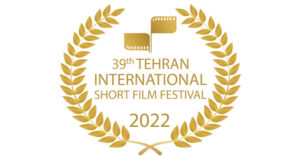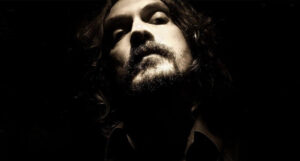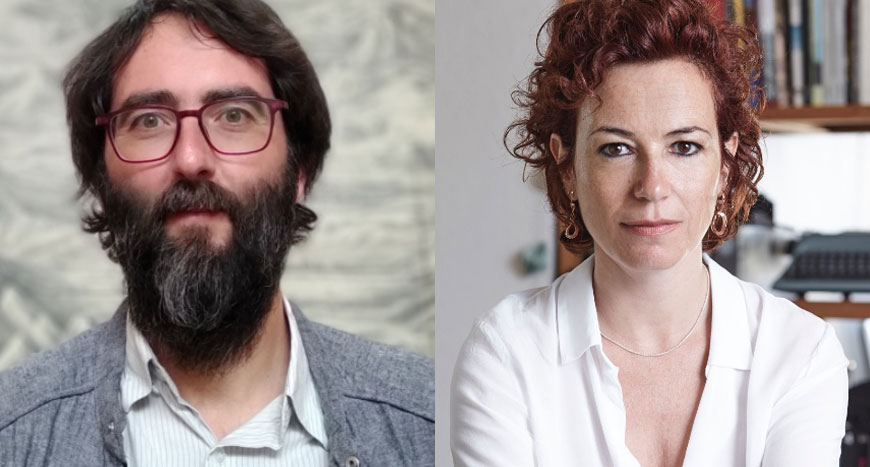1.Tell us about your movie, where did the idea of this movie come from?
The film is part of a long process of research into the work of the late director Fernando Ruiz Vergara. Fernando only directed one film in his life, the documentary ‘Rocío’, which was partially censored in the early 1980s in Spain. The screening of the original version of the film is still banned in the country nowadays. In our research process on the subject, we found the 16mm footage discarded in the editing, these outtakes of the title, and thought it was especially eloquent to discuss the silence around ‘Rocío’.
2.Tell us about yourself, your education, your experience. We would like to know you better.
We are both filmmakers and university lecturers, so we combine filmmaking with teaching and research. As for our training, we specialised in creative documentary and screenwriting. For more than 15 years we have been working together as a tandem and have produced several works in the field of non-fiction, halfway between creative documentary and experimental cinema.
3.Has this film been previously appeared in any other festivals? If so, which festivals?
‘Descartes’ had its world premiere in October 2021 at DocLisboa, Portugal. Since then, it has participated in around twenty festivals, both Spanish and international, outstanding among which are EMAF (Osnabrück, Germany), É tudo verdade (Brazil) and Zinebi (Bilbao, Spain), where it was awarded the Grand Prize of Spanish Cinema.
4.How have you discovered members of your team and how do you keep the relationship with them strong?
‘Descartes’ has had a very limited crew, as it is a film made with archival material. In any case, we had previously worked with the sound mixer, who was in charge of the sound post-production of our previous film. We already knew the music composer through references, she has a great professional reputation, and we were particularly interested in her musical background for the creation of the sound atmospheres. As in this and other projects we work in a very artisanal way, with occasional collaborations at different moments of the production, and for us the human factor is always very important, as well as the technical one.
5.How do you usually get funding for your films?
We have had different kinds of experiences in terms of funding. Our previous film, ‘Pepe el andaluz’, was practically self-produced with our own funds. In the case of ‘Descartes’ we obtained a grant for artistic creation from the University of Málaga, the city where we live. The film we are working on now, a feature film directly related to ‘Descartes’, is financed by the Spanish Ministry of Culture and with the participation of the regional (Andalusian) public television.
6.How did you hear about Tehran Short Film Festival? How familiar are you with Iranian cinema?
We got to know the festival through a distribution platform. It seemed to us that our work could fit in with the festival’s philosophy. On the other hand, and in relation to your question, Iran is a country that interests us culturally, and specifically, cinematographically. In addition to the great internationally renowned filmmakers who have had a decisive influence on generations of filmmakers, film buffs and viewers around the world, among whom we are, we have also had the opportunity to get to know the work of young female filmmakers in the framework of a special programmer at Zinebi a few years ago. We believe that Iran has a lot to offer cinematically in the future.

